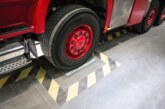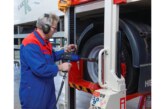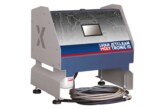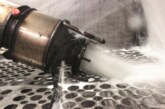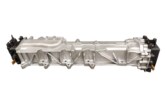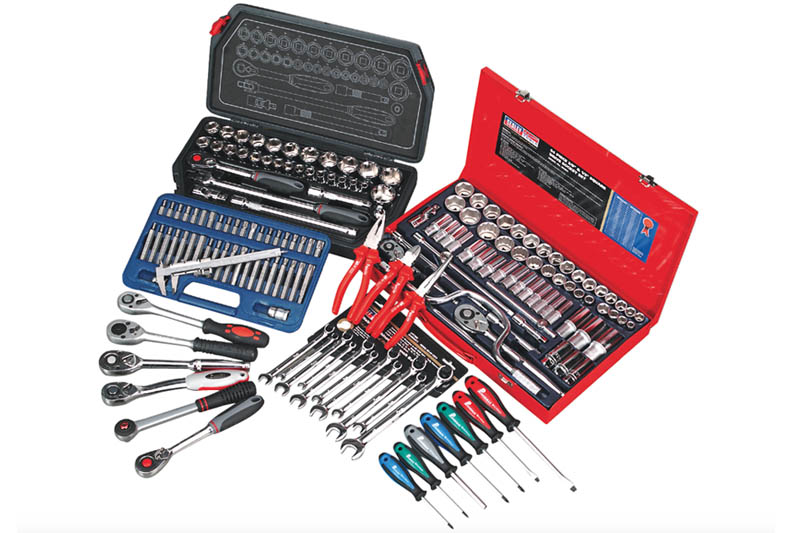
Opting for low-cost tools may save you money in the short term, but this ignores both the financial and safety consequences of not investing in the correct equipment. Sealey advises on how you should make the correct choice.
In the ever-changing automotive world, there always seems to be new skills to learn and new ways of doing things that we need to understand. Commercial vehicles have become more complex as they have evolved; therefore, CV technicians have had to mirror this evolution with training and a helping of ingenuity.
Toolboxes, their contents, and garage equipment have also had to move with the times. Tools and equipment collectively are a big investment for both technicians and workshop proprietors. Such an investment should be spent wisely to avoid consequences later.
Low cost ‘bargains’ may look great in a photograph, or even to the touch, but will they perform? Have they been tested thoroughly to ensure they are fit for purpose? These types of questions are even more important when it comes to tools and equipment that require legislation and certification before they can legally enter the marketplace.
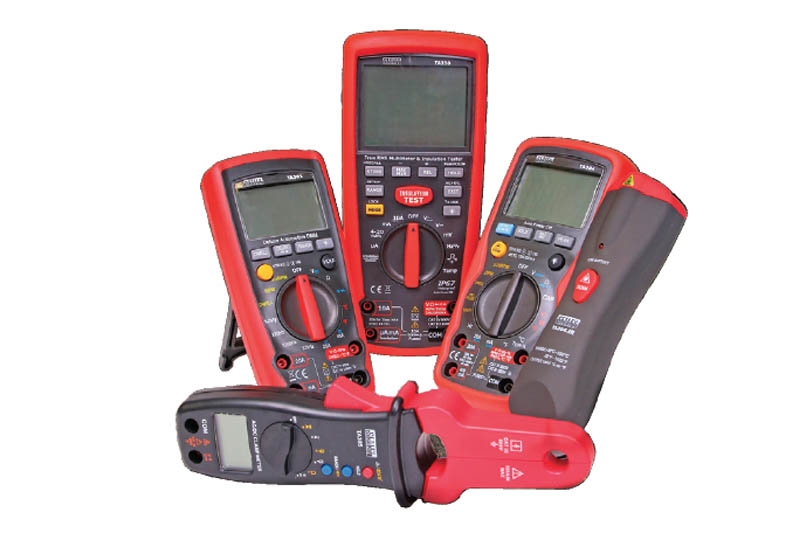
Possible consequences?
The first and most obvious consequence is that money may have been wasted. Whether it’s a low-cost item or a big piece of equipment, we all want our purchases to meet our expectations and needs.
Everything we buy should perform as we would expect it to; as consumers, we all need that confidence in our choice of purchase. In the case of tools and equipment needing certification and testing, there may be health and safety implications involved.
The most important thing is preventing injuries caused by tools and equipment that are not up to the task required. Injured people being absent from work is not only unpleasant for them personally, but may result in them having to take time off which is inconvenient for their employer.
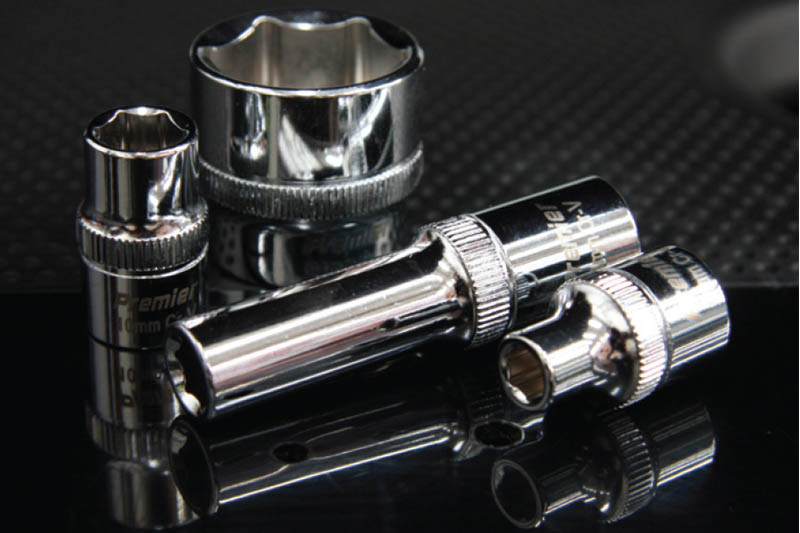
Serious injuries may involve legal investigations and compensation – this will bring additional problems and expense to an already difficult situation. Damage to a customer’s vehicle is a side issue that nobody would want to encounter.
How to avoid problems
A small amount of research before purchasing is often a good place to start. For example, ask your search engine what specification of multimeter you need in order to work on a hybrid vehicle and it will return a Cat III device. These units must comply to the EN61010 test standard.
The Sealey TA320 is a good example of such a device. A few moments of research will give you the confidence to know you will be spending wisely and acquiring something that will assist in your work in a safe and correct manner.
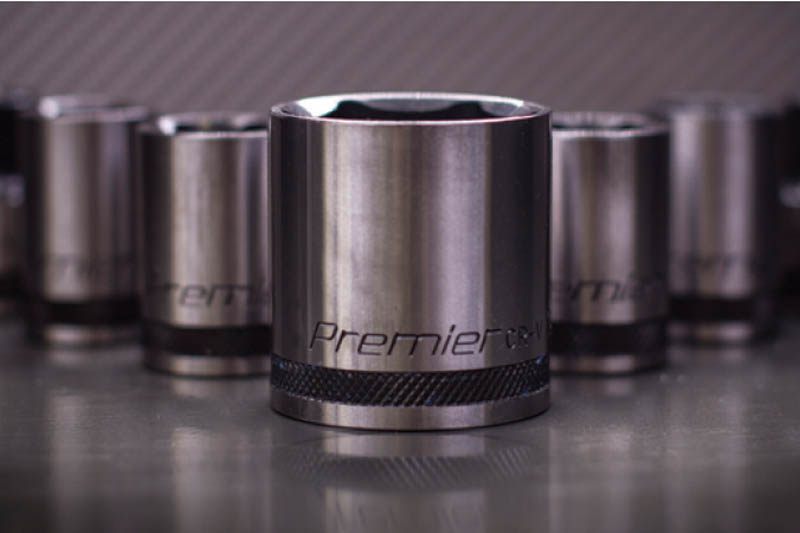
You get what you pay for is an apt saying, and it’s useful to keep in mind when buying tools and equipment. There will always be a place for low-cost tools for the professional technician who is using these items continually.
Durability and quality are much more important factors when making a choice. Low quality tools that distort or break not only cause inconvenience by making the job harder, they can also result in personal injury to the user. Sealey hand tools have the assurance of a lifetime guarantee and offer a cost-effective choice without breaking the bank, or the knuckles. Tools that can last many years, or even a lifetime, are certainly worth some research to ensure the correct choice is made. Time and money well-spent is a wise investment.

